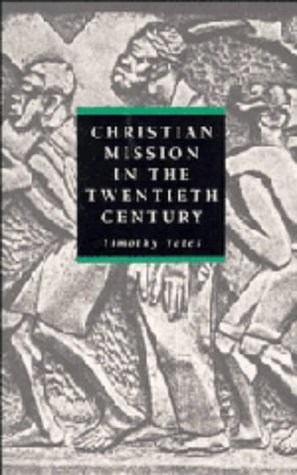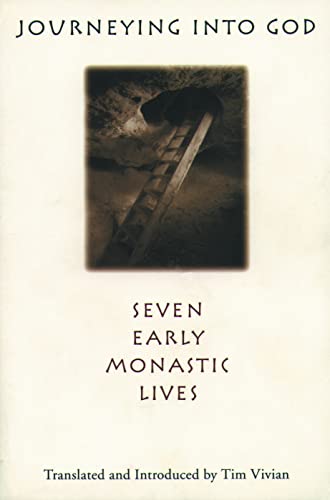The Discerning Reader: Christian Perspectives on Literature and Theory
Written by David Barratt, Roger Pooley, Leland Ryken eds Reviewed By Brook R.W. PearsonThe Discerning Reader is a collection of essays addressing a variety of issues faced by the Christian student of literature. The book is separated into two main sections, one theoretical, the other dealing with exemplary texts in the study of English literature. The first section addresses broad introductory topics such as the function of literature, the literary ‘canon’, and the rôle of interpretative communities in the process of reading as well as the more specific ‘schools’ of criticism, such as Marxist/materialist criticism, ‘Christian poetics’, feminist criticism, and deconstructionism.
Section two moves from the Bible in literary criticisms through Shakespeare, Milton, the Romantic poets, and Hardy, on to two more recent authors, Margaret Atwood and Thomas Pynchon.
The editors’ aim is lofty—to produce a sort of hand-book for Christian students of literature. It fulfils this goal in part, covering as it does the more important schools of criticism and major texts of the Anglo-American literary tradition. There is a problem, though, in the assumed ‘Christian perspective’ from which this takes place.
What exactly is the ‘Christian perspective’ with which the majority of the authors in this volume approach literary studies? Unfortunately, a lack of discussion of this point leaves the reader feeling that the kind of Christianity being brought to bear is more of an ideology than a religion. Perhaps it is a natural conclusion to the ‘postmodern’ age, with its supposed emphasis on multiplicity of voices and approaches, that Christianity, once the dominant voice, should be clamouring to be allowed to sing in the choir.
A noticeable exception to this trend in the book was found refreshingly in a postscript to John Schad’s essay discussing Thomas Pynchon’s The Crying of Lot 49: ‘I am not sure how helpful it is to speak of a ‘Christian reading’ … In one sense … the answer to how I arrived at a Christian reading (if I ever did) is by being a Christian—being a Christian not only when reading but also when not reading … [A] t the same time as seeking to save the text I also sought to lose it; that is, to allow the novel to rewrite the text that is Christianity without my beliefs foreclosing that process. If one name for the Christian God is Word or speech, then in one sense there is, in language, no outside of God.’ (pp. 262–3) This is perhaps the only place in the book where the problem of Christianity and culture is addressed without an assumed ideological conclusion.
An essay that seems almost out of place in the book is Leland Ryken’s on the Bible. Ryken’s appeal to ‘traditional criticism’ as the basis for any reasonable literary criticism, but specifically for literary approaches to the Bible, is fraught with many difficulties, not least of which is the question of where one would find this ‘traditional’ criticism. Apparently, it is a criticism uninformed by any of the copious discussion that has taken place on the subject since the days of the ‘New Criticism’. That Ryken figures as one of the editors of this book may explain why most of the criticism discussed and practised in this volume comes across as ‘common-sensical’, ending up with a group of mostly pedantic readings. It seems that, in search of the ‘Christian reading’, many of the authors in this volume have forgotten the overarching title, The Discerning Reader.
Brook R.W. Pearson
Roehampton Institute, London







